Institutional donors
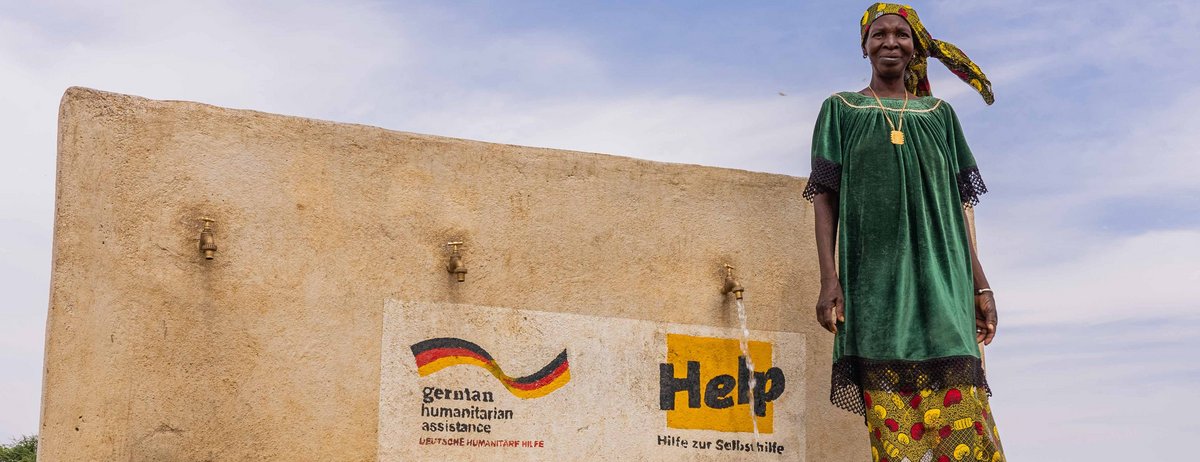
To implement our aid and development projects worldwide, we need financial support - for example from private donors, companies and foundations. If a project cannot be financed entirely from our own resources, we are dependent on public donations. Institutional donors such as governments or United Nations organizations usually finance around 80 to 90 percent of a project. The remaining amount is financed by our own funds.
Learn more about Help's institutional donors:
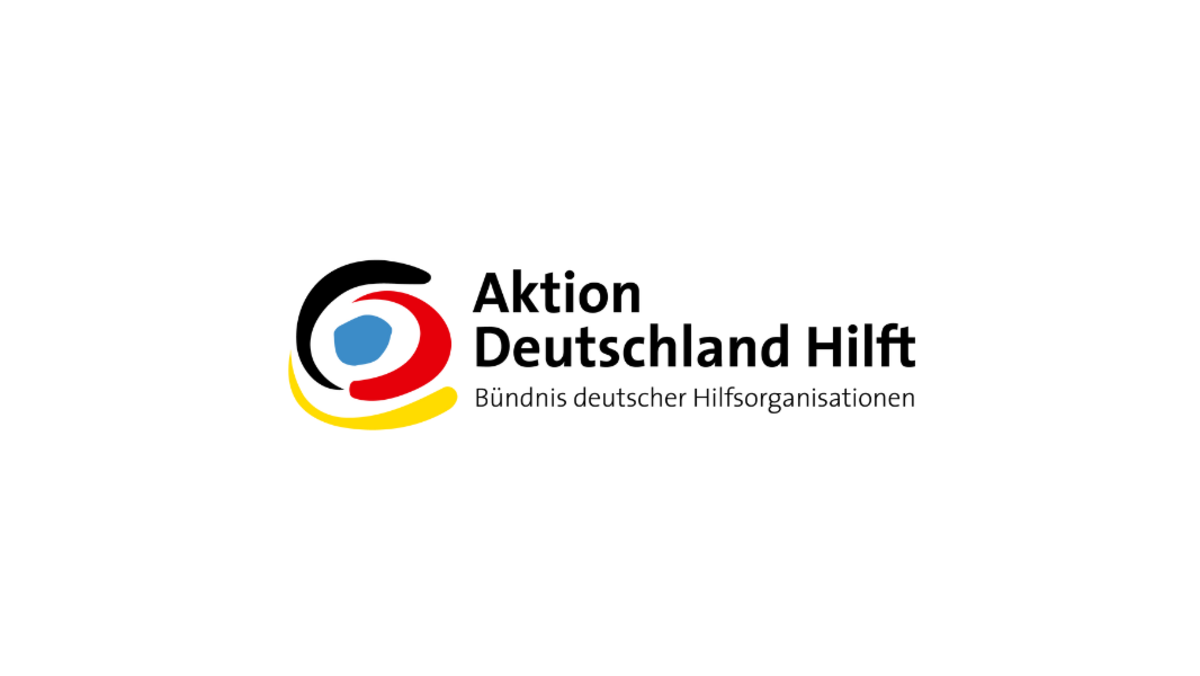
Help - Hilfe zur Selbsthilfe is a member of "Aktion Deutschland Hilft". Aktion Deutschland Hilft is an association of renowned German aid organizations that work together to provide rapid and effective aid in the event of major disasters and emergencies worldwide.
The participating aid organizations pool their many years of experience in humanitarian aid abroad in Aktion Deutschland Hilft in order to further optimize their successful humanitarian work to date. Aktion Deutschland Hilft consists of 13 full members and a total of 24 participating organizations. Help is one of the full members and a founding member.
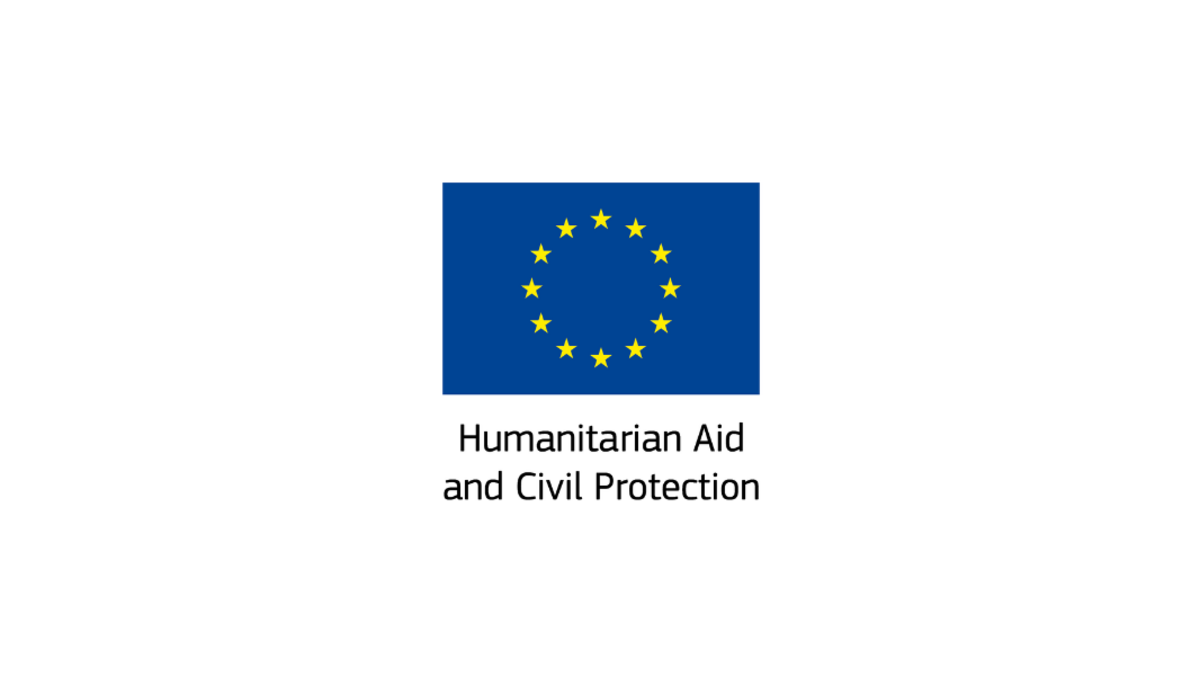
The European Commission's Directorate-General for Civil Protection and Humanitarian Aid (ECHO) is one of Help's largest donors in the field of emergency aid and rehabilitation. The office is responsible for the European Commission's civil protection and humanitarian aid abroad. ECHO works with organizations such as Help - Hilfe zur Selbsthilfe to implement its aid programmes.
Help - Hilfe zur Selbsthilfe has been awarded the "EU Humanitarian Partnership Certificate 2021 - 2027".
The European Commission has decided to grant the organization the following certificate, as its application for EU funding to implement humanitarian aid operations has been positively assessed on the basis of the terms of reference defined by the Commission.
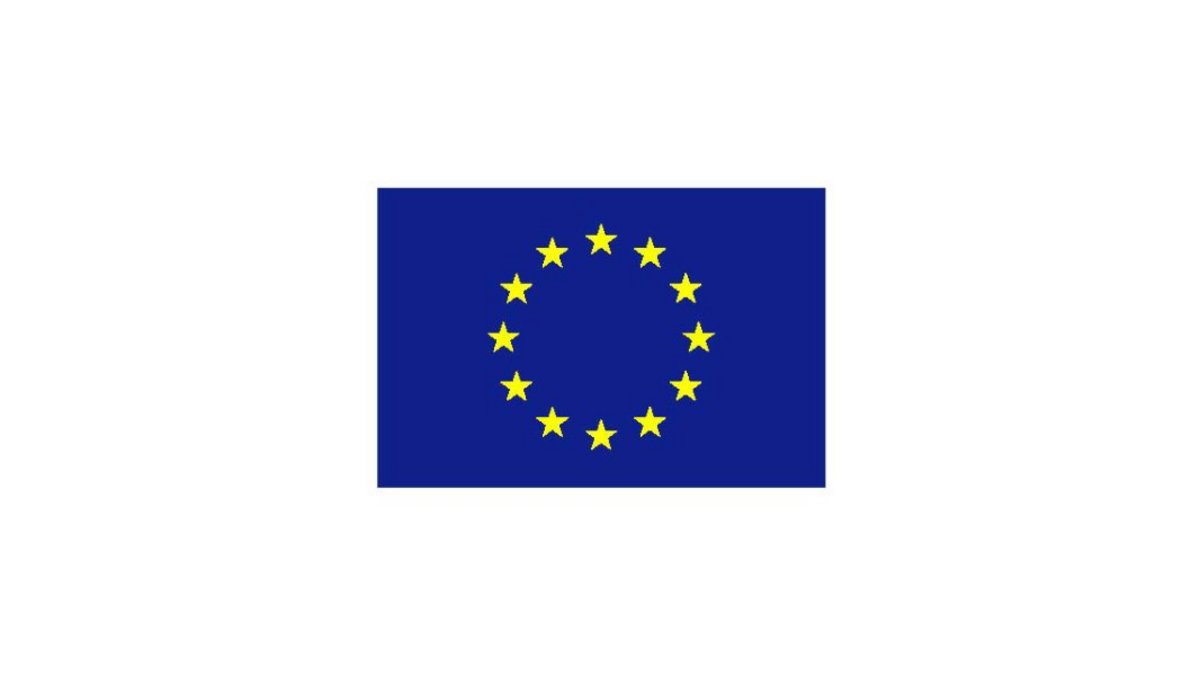
The European Union's Directorate-General for International Partnerships (INTPA) is responsible for the development and implementation of the Commission's international cooperation strategies. The objectives of DG INTPA are to combat poverty, promote sustainable development, democracy, human rights and the rule of law.
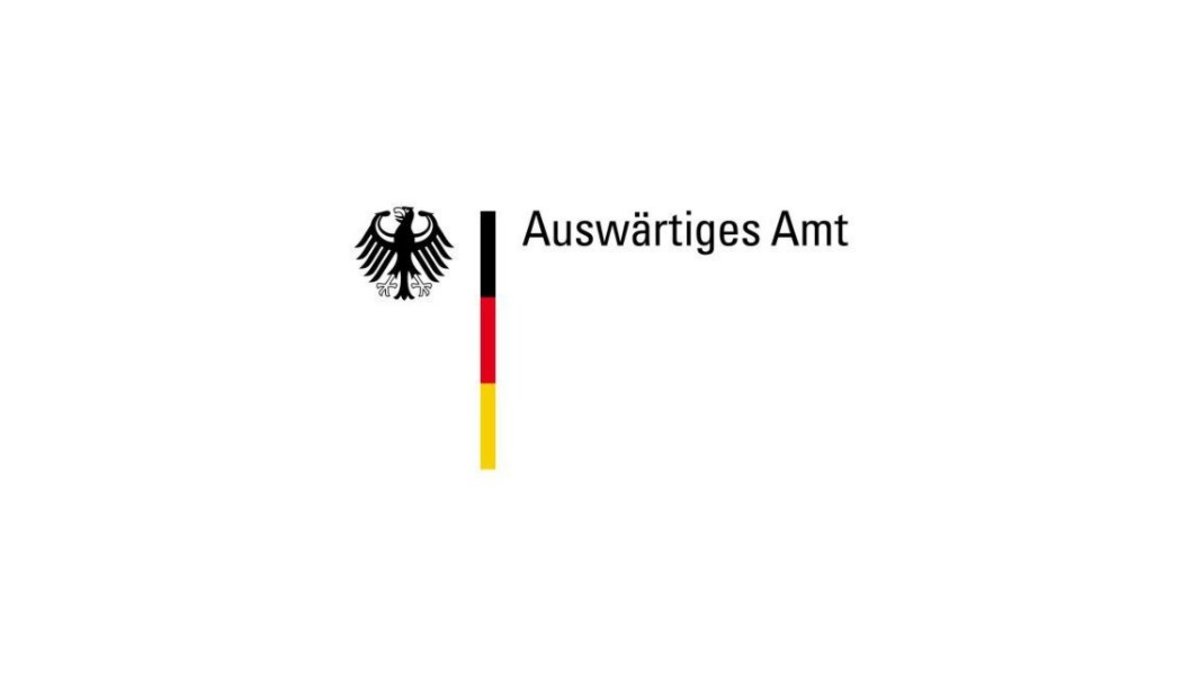
The Federal Foreign Office (Auswärtiges Amt) is responsible for implementing the German government's humanitarian aid and supports humanitarian aid and demining projects as part of the international crisis response. The AA works together with non-governmental organizations such as Help - Hilfe zur Selbsthilfe to ensure that these measures are implemented quickly and effectively. The Federal Foreign Office is one of the most important donors of humanitarian aid.
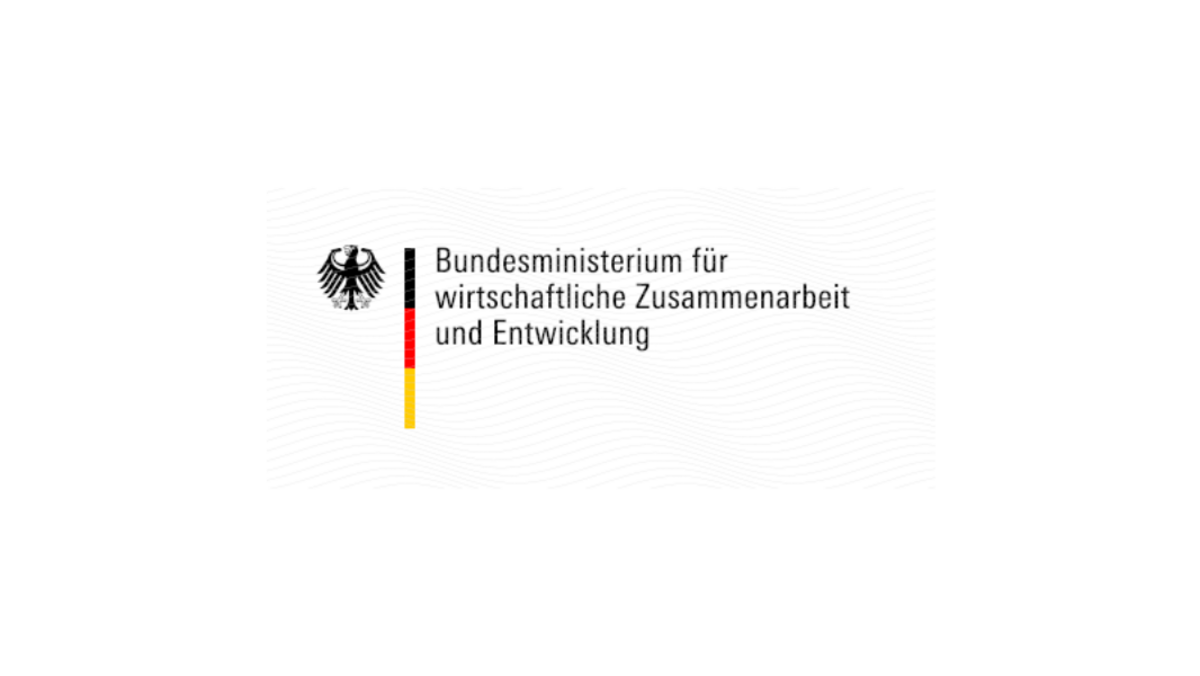
The Federal Ministry for Economic Cooperation and Development (BMZ) is responsible for the German government's development policy and promotes global poverty reduction. The BMZ aims to promote a sustainable, climate- and nature-friendly economy and to strengthen peace, freedom and human rights. To achieve these goals, the BMZ works with non-governmental organizations such as Help - Hilfe zur Selbsthilfe. The BMZ is one of the most important donors in the field of development cooperation
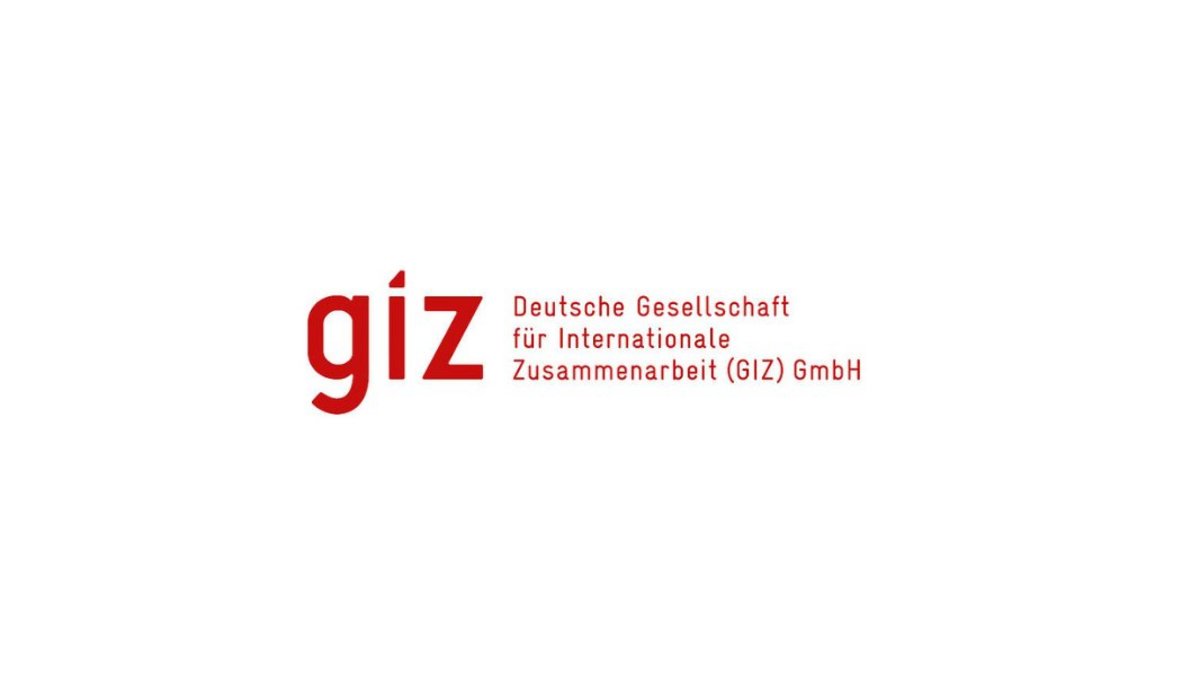
The Deutsche Gesellschaft für Internationale Zusammenarbeit (GIZ) is a service provider for international cooperation for sustainable development and international education work. GIZ works on behalf of the German government and cooperates with partners such as Help – Hilfe zur Selbsthilfe to improve people's living conditions in the long term.
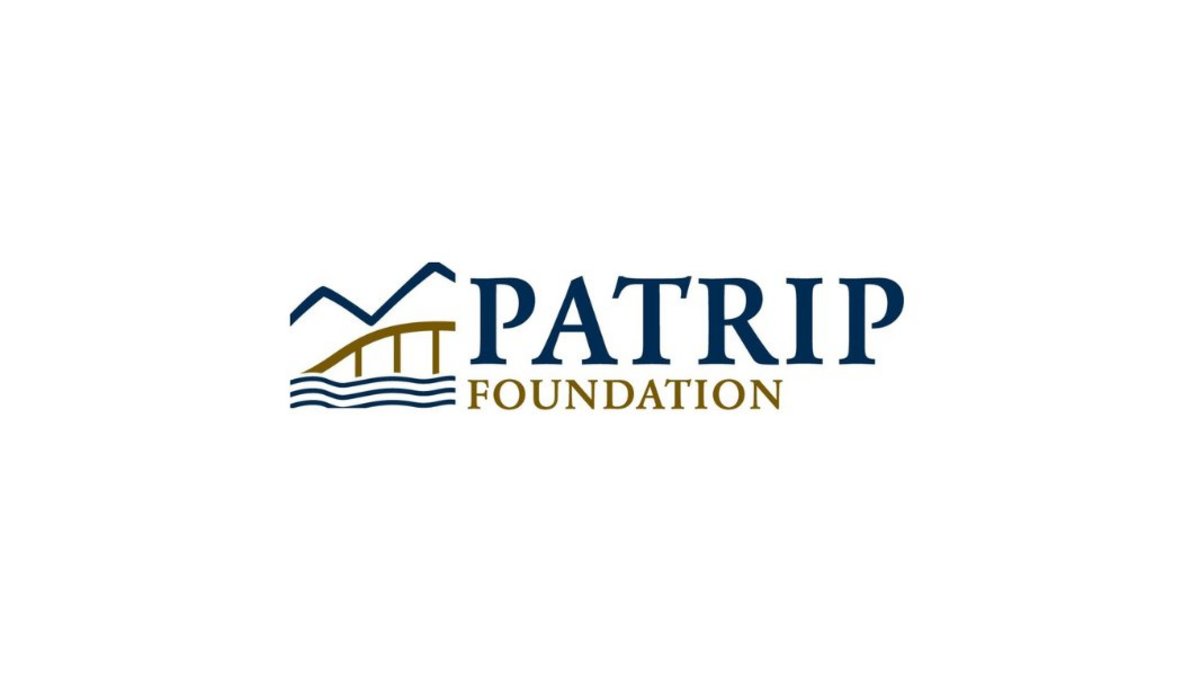
The PATRIP Foundation aims to stabilize fragile border regions by focusing on cross-border projects to promote local conflict resolution mechanisms, legitimate governance and social cohesion. Together with PATRIP, Help is particularly committed to stabilizing communities in the border regions of the Sahel.
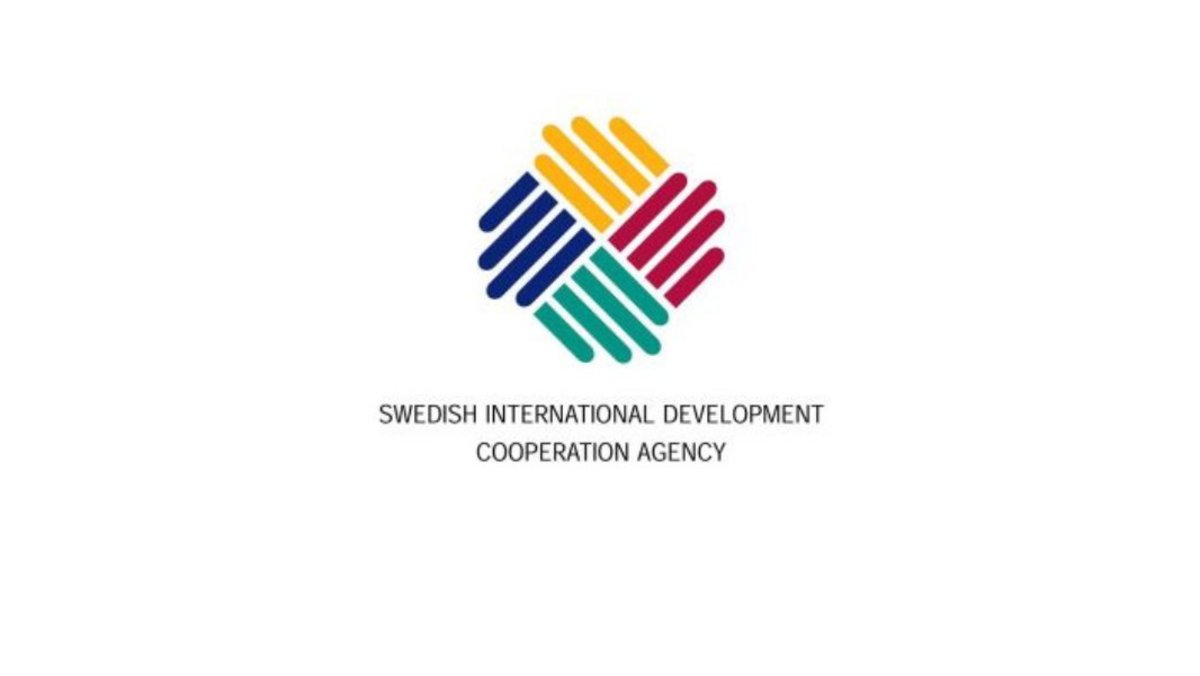
The Swedish International Development Cooperation Agency (SIDA) is the Swedish government agency for development cooperation. It strives to reduce poverty and oppression around the world and works together with government institutions, the private sector and organizations such as Help - Help for Self-Help. Together we are committed to economic development, particularly in South Eastern Europe.
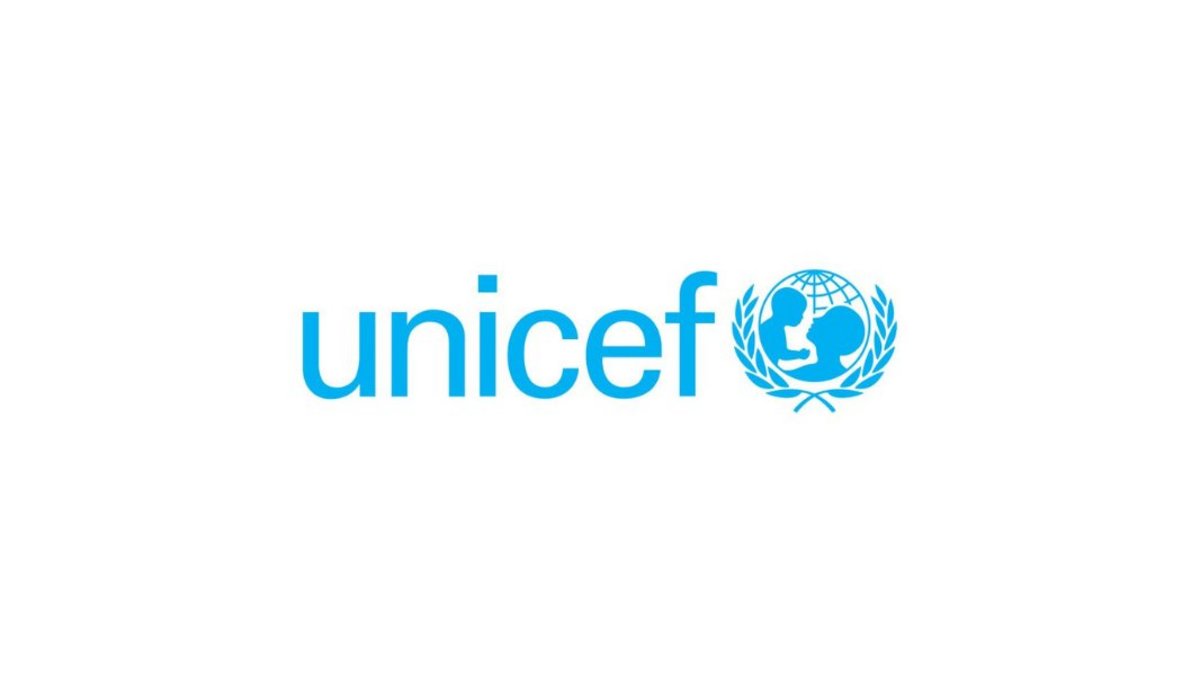
UNICEF is the United Nations Children's Fund and was founded to initially help children after the Second World War. Today, the organization is active in over 190 countries in areas such as health, education and children's rights. UNICEF particularly supports Help in improving the health of children and mothers.
The United States Agency for International Development (USAID) is an agency of the United States responsible for administering and implementing American development and foreign assistance programs. USAID develops policies and strategies for international development cooperation and works to promote U.S. foreign policy objectives through humanitarian aid and development projects.
The United Nations is an intergovernmental organization of 193 states and is committed to securing world peace, upholding international law, protecting human rights and promoting international cooperation. Help's work is supported by various United Nations bodies, including the United Nations Office for the Coordination of Humanitarian Affairs (UNOCHA) and the United Nations Development Program
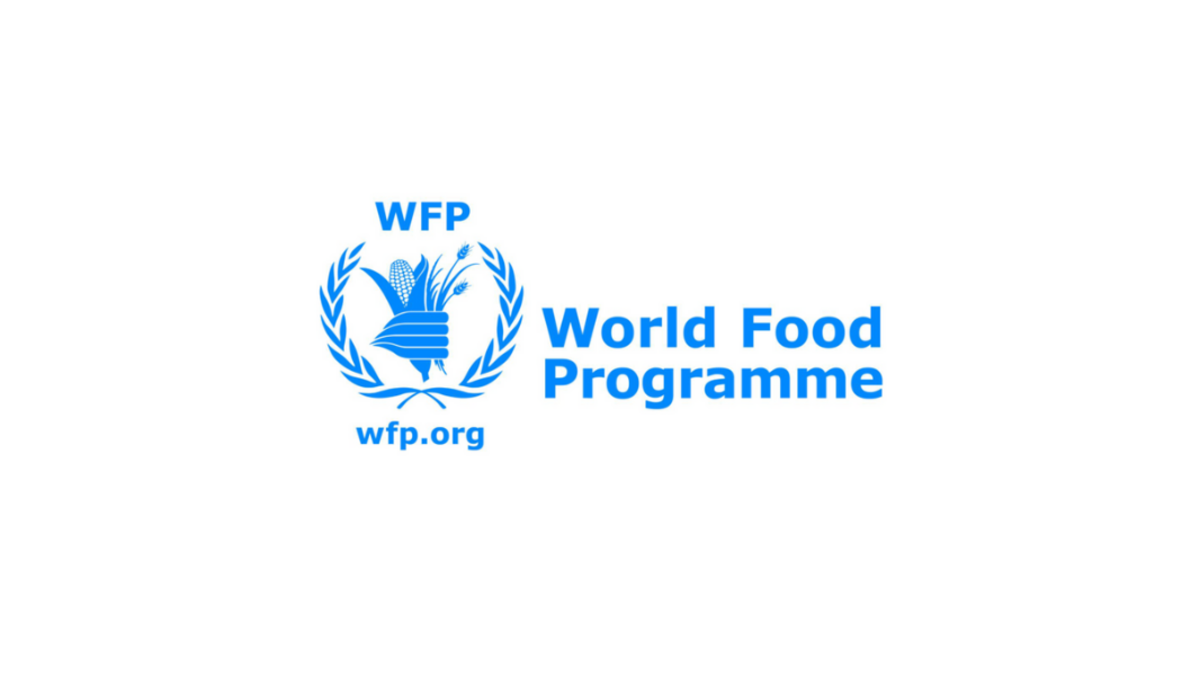
The United Nations World Food Programme (WFP) is a specialist in worldwide food aid and in the fight against global hunger. Help - Hilfe zur Selbsthilfe has been working successfully with the WFP for a long time to reduce undernourishment and malnutrition in our project countries.



